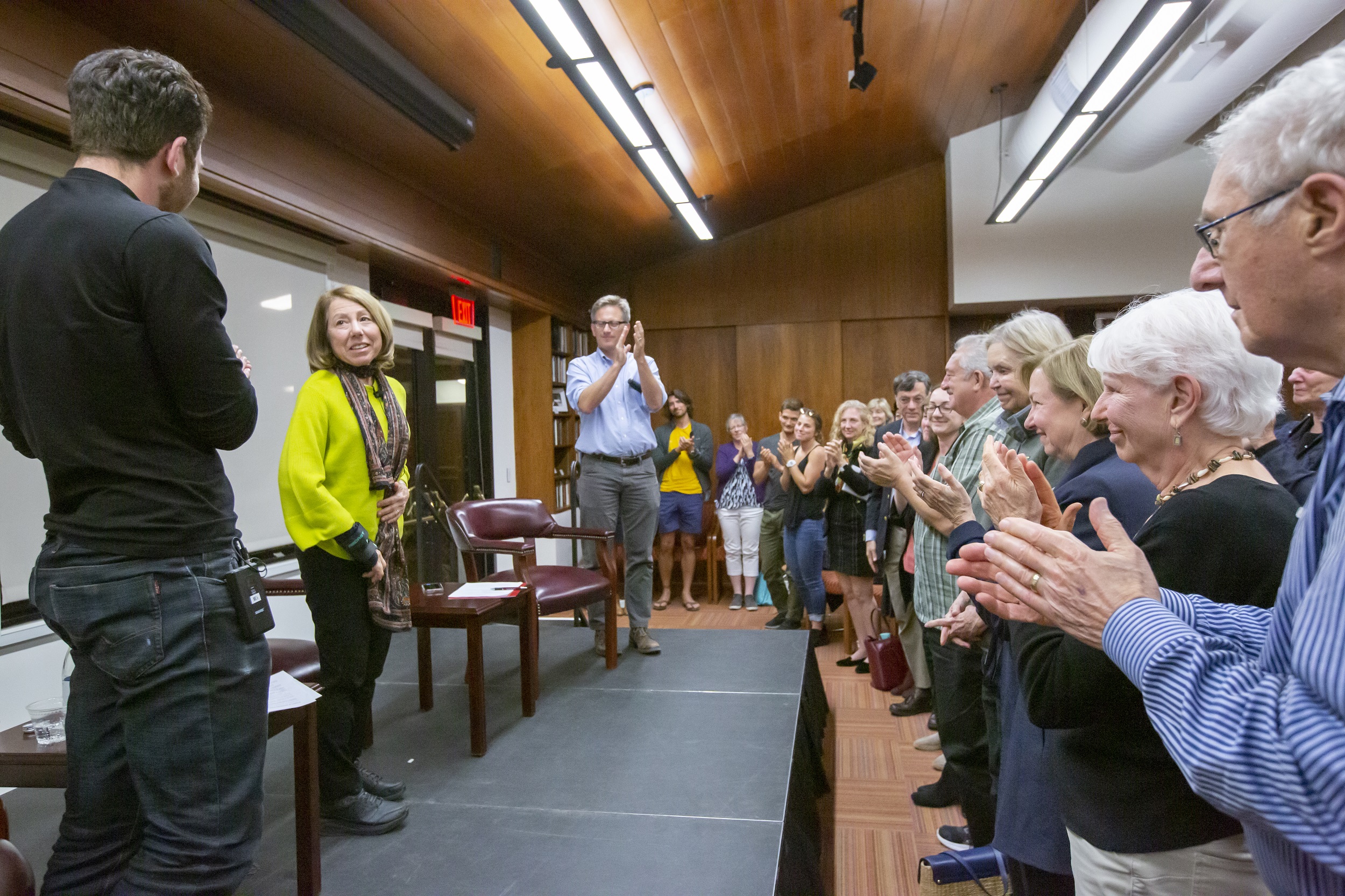The 2001 book “Tempered Radicals” offers great advice for anyone trying to drive change from inside their organization. The author, a social scientist, suggests workers seeking to improve things should accept the unlikelihood of overhauling the entire system and instead aim for “small wins.”
Years after a massive stroke turned her wonderful life into one that required a lot of change, Debra Meyerson remembered that advice.
Once Debra accepted there were things she could no longer do – including passions ranging from riding a bicycle to teaching at Stanford University – she began focusing on what she could. Her small wins included riding a tandem bike with her husband and finding both a new way to teach and a new audience.
Debra took her journey and those of fellow stroke survivors and turned them into a book that’s part medical memoir, part how-to guide for survivors and their caregivers. “Identity Theft: Rediscovering Ourselves After Stroke” is a fantastic read that focuses on the emotional and psychological journey to rebuild identities and rewarding lives after a stroke, or another trauma, robs a person of the life they had been living. It also lines up nicely next to the last book Debra wrote: “Tempered Radicals.”
I recently had the pleasure of meeting Debra and her husband Steve Zuckerman in Washington, D.C., as they took part in the annual Lobby Day for my organization, the American Heart Association. Soon after, we commemorated World Stroke Day, which reminds us of the grim fact that 1 in 4 people around the world will have a stroke.
Because of the prevalence of this disease, you already may be facing the challenges endured by Debra, Steve and their family. Whether you are or not, everyone can learn from Professor Meyerson.
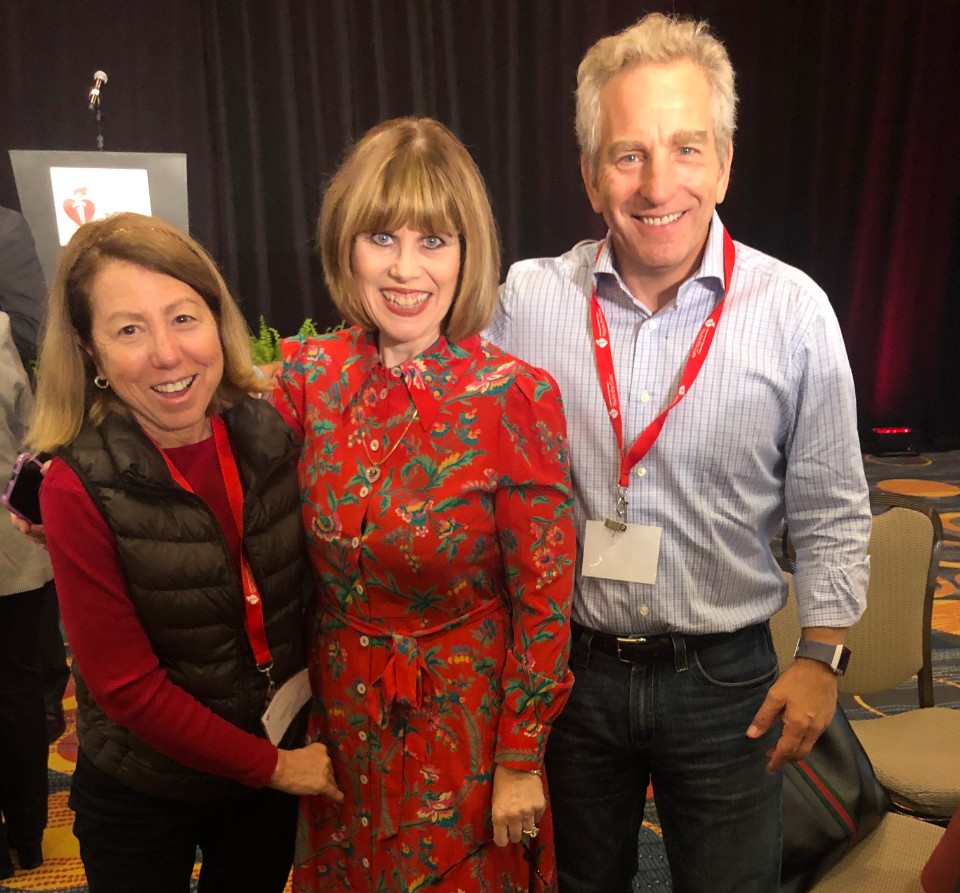
***
In 2002, Debra, Steve and their kids – Danny, Adam and Sarah – set out for the adventure of a lifetime. They set sail for a yearlong tour of Europe.
The idea dated to 1980, when Debra visited Turkey with her parents and dreamed of taking grand trips with her kids. Before she and Steve married in 1988, they set a goal of having a “special experience” for their eventual family.
With Danny a year from high school, they realized it was “now or not,” a phrase Sarah had coined when she was 3. They bought a 52-foot boat, christened it “Nowornot” and shoved off. The trip itself is detailed on nowornot.com. The relevance to this story is merely the fact it happened, and the insight it offers into Debra and Steve.
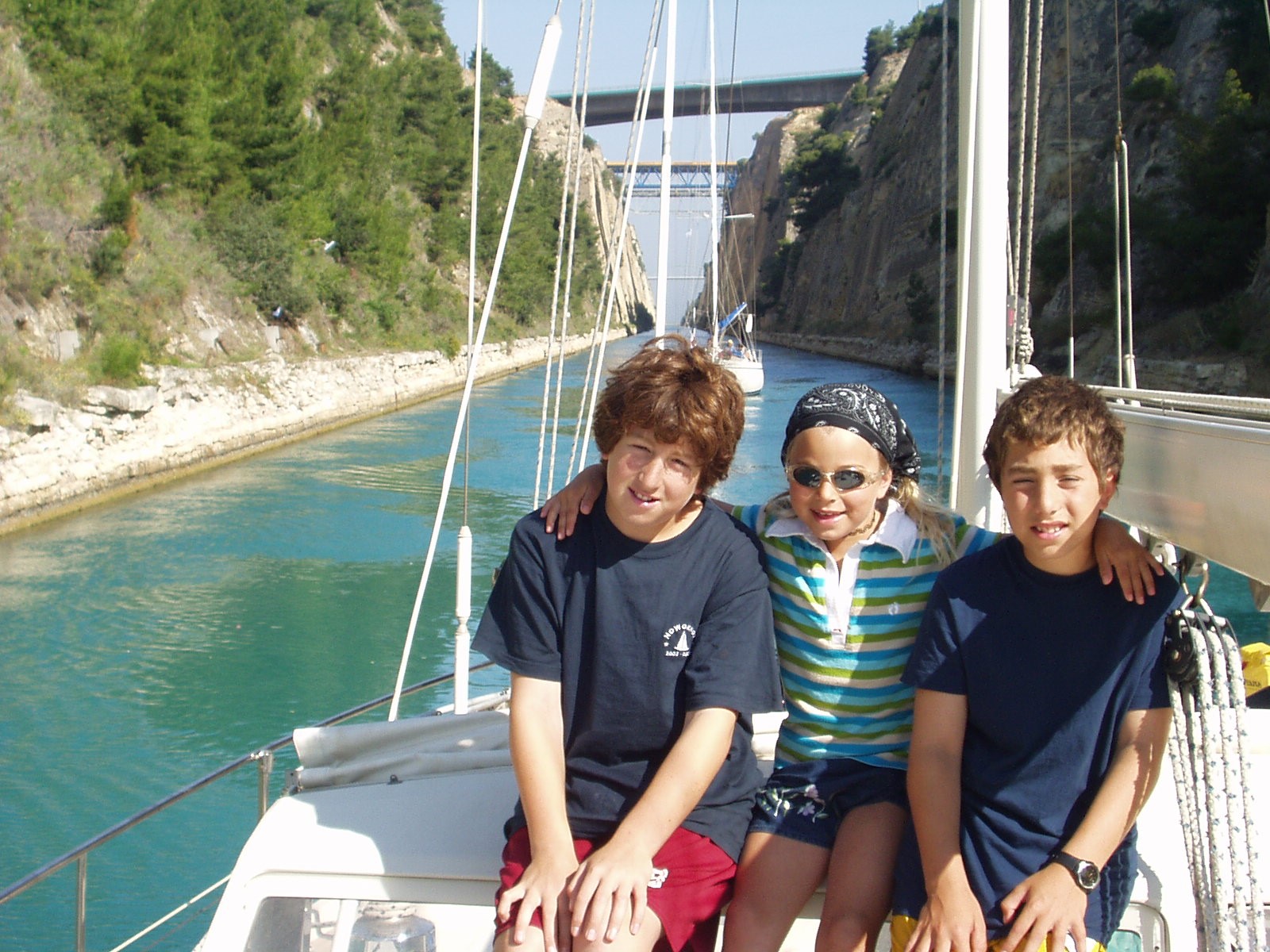
Fast forward to Labor Day weekend in 2010. Debra had just left Adam in Boston for the start of college, and the other four headed from the Bay Area to Lake Tahoe.
During the drive, Debra’s right leg stopped cooperating. At their condo, she had a headache. Steve handed her two pills, but she struggled to grasp them with her right arm. He rushed her to the closest hospital, which led to an ambulance ride to a bigger hospital in Reno.
Tests showed that blood was not getting to part of her brain. That’s an ischemic stroke, the most common kind.
Doctors didn’t yet know the blockage came from a tear inside her brain’s carotid artery. They didn’t discover it until after her symptoms worsened. By then, she’d suffered long-term damage.
***
In intensive care, Debra couldn’t move the right side of her body or talk at all.
After two months in hospitals, she spent the next three years going through every form of therapy available and taking part in clinical trials. Progress came slowly, yet she maintained what Steve called “an unstoppable commitment and belief that she would return to her life.”
But it wasn’t realistic. Post-stroke Debra could never be pre-stroke Debra.
She was forced to face that in 2013, when her medical leave from Stanford expired. She had to give up her tenured professorship.
“The emotions I felt that day were reminiscent of the night I lost my dad,” she wrote. “I was grieving the loss of my own identity.”

***
The thing about low points is that they’re often followed by an upswing. For Debra, losing the goal of returning to the classroom meant she needed to set a new goal.
“That,” Steve said, “is really when the social scientist kicked into gear.”
Months later, Debra pushed through her halting speech and gave a 10-minute presentation called “Lucky to be Alive” at a Pacific Stroke Association event. She unexpectedly said, “I am a happier person now.”
Then came an annual gathering of academics aimed at reminding participants why they went into their profession; thus its name, the “May Meaning Meeting.” For the first time, she told people outside her family she was considering writing a book. Their encouragement validated her idea.
Debra decided to write a book partly to prove she could do it. The process of exploring everything she’d experienced forced her to confront and work through various emotions. It became therapeutic.
From the beginning, she envisioned a book that was more than her story. To give it a social scientist’s slant, she interviewed 25 stroke survivors, varied in age, ethnicity, geography, extent of damage/recovery and more. She also interviewed about 30 caregivers – both professionals and loved ones of stroke survivors – to gain their perspective.
She and Steve hired a writer to help with the research and drafting. Three years later, the pieces were emerging, but not quite fitting together in a way that delivered the messages Debra wanted.
Around that time, their son Danny was between jobs. He, Debra and Steve spent a few weeks restructuring the flow of the book. With that new blueprint in place, Danny became Debra’s co-author.
***
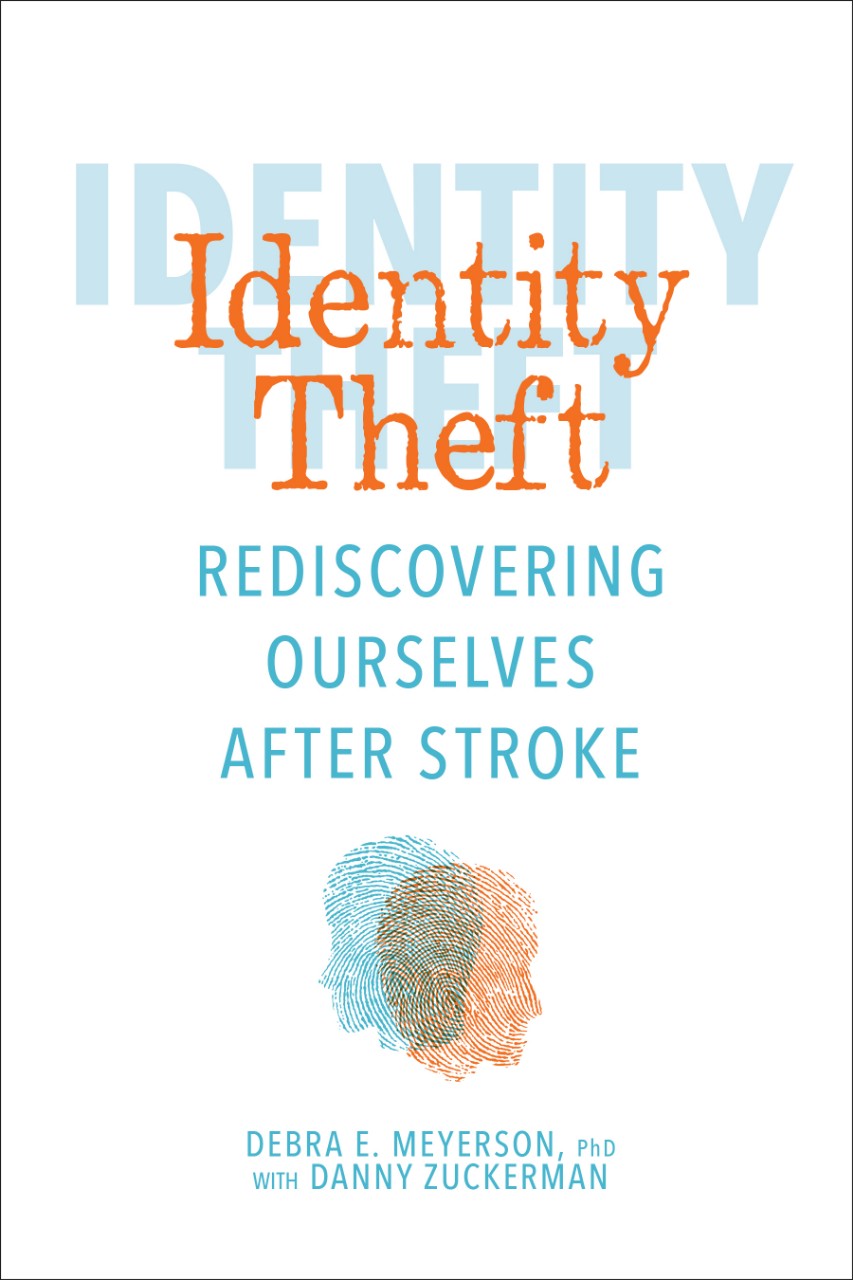
As much as Debra wanted the focus elsewhere, she accepted her tale being the book’s central narrative. The plight of others enhances – and rounds out – aspects as they come up. (One of those survivors is Sean Maloney, a former Intel exec who heralded his recovery with a cross-country bike ride benefiting the AHA.)
Turning the lens on Debra’s ordeal yielded many of the book’s most powerful passages, such as a session with a speech therapist just weeks after the stroke. At that point, she could only make noises. The therapist sang “Happy Birthday” and Debra mouthed the words. The therapist went silent on the last word, allowing Debra to hear herself say, “you.”
Debra also revealed the bizarre habit she developed of blurting, “I want a candle.”
She delicately handled a section on intimacy with Steve. Not surprisingly, Danny let Debra and Steve draft that chapter without his help.
Then there’s the scene two years after the stroke when Sarah started dating a boy who invited her to the senior prom. Debra had been largely absent from parenting activities since the stroke, but Steve convinced her she should be the one to have “The Talk.”
Here’s how it went: “Boyfriend … yes? (long pause) PREGNANT NO!”
“We all erupted in laughter and later agreed that I had just delivered the most efficient mother-daughter talk in history,” Debra (and Danny) wrote. “I’m told by fully fluent friends that they have borrowed my script for their talks.”
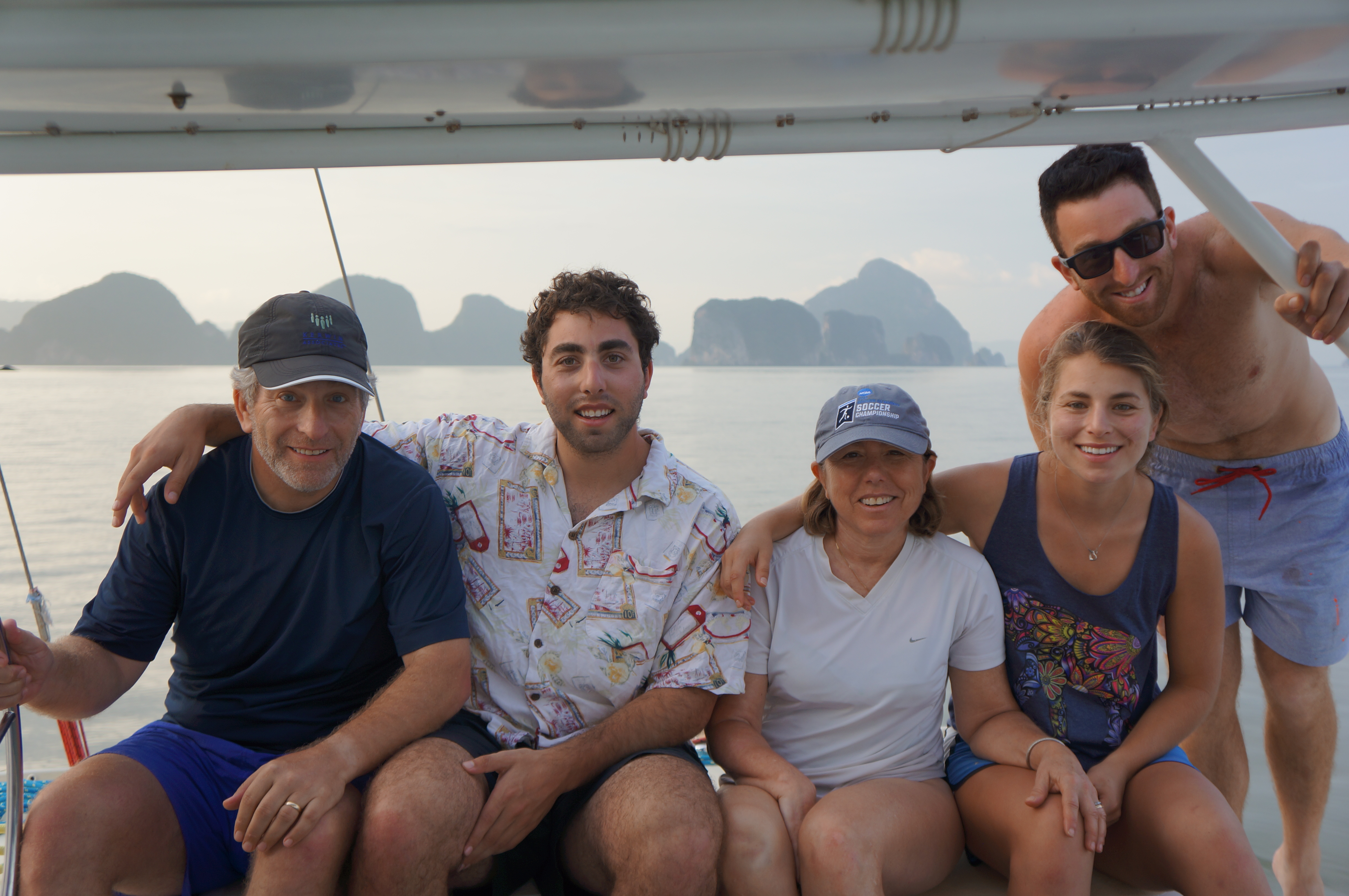
***
Between exploring her thoughts, interviewing survivors, working with Steve and Danny, Debra savors everything that went into creating this book.
Now that it’s published, she savors it being a resource for others.
Any stroke survivor is bound to find common ground with Debra and/or the other survivor stories.
Relatives of stroke survivors can learn from the experiences of her family. Friends of survivors can learn from the critical support Debra received from the “May Meaning Meeting” attendees and other close friends.
Perhaps the most important of Debra’s target audiences is one that might seem counterintuitive: the doctors, nurses and physical, occupational and speech therapists who work with stroke survivors. Debra hopes they might gain a bit more insight into the experience of their patients.
Debra and Steve appreciate how these professionals are focused on keeping patients alive and helping them recover all the capabilities they can. As they looked back on Debra’s recovery, they realized they largely discovered on their own the need to rebuild identities and navigate the emotional path to good lives after stroke.
So the Zuckerman-Meyerson clan started an organization to address this. Called Stroke Forward, its mission is, “To provide survivors, families and caregivers with more resources to help them navigate the journey to rebuild their identities and rewarding lives.”
All author proceeds from sales of “Identity Theft” go to the non-profit. Before reading a single page, every book-buyer will have earned a small win.
